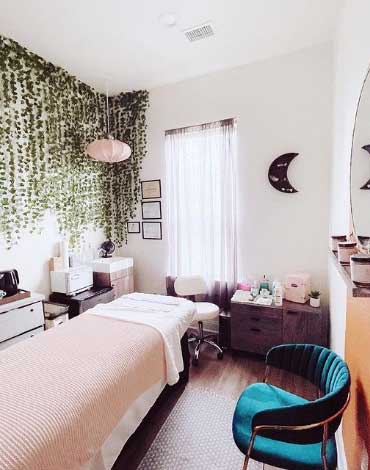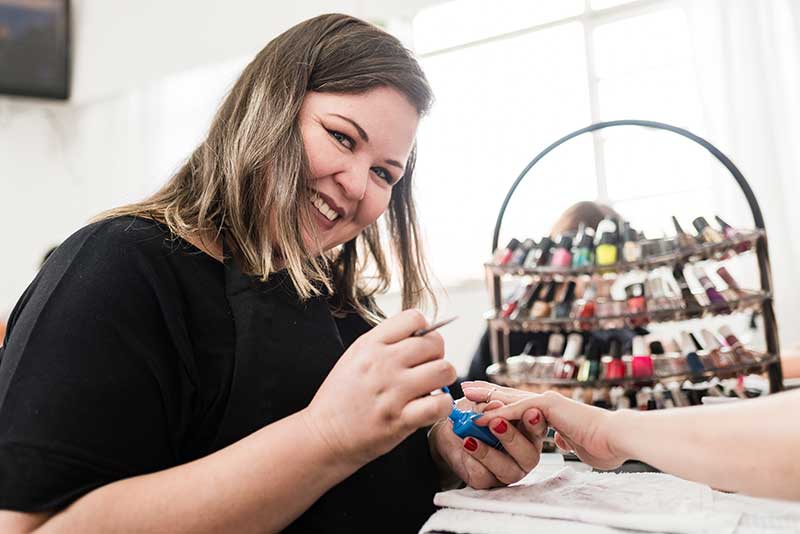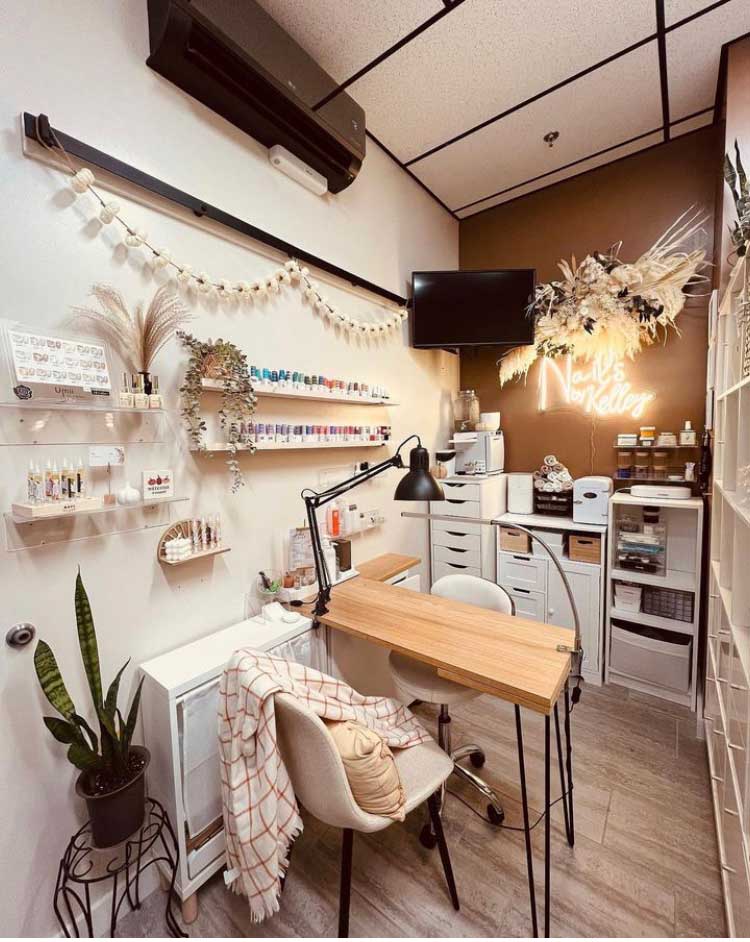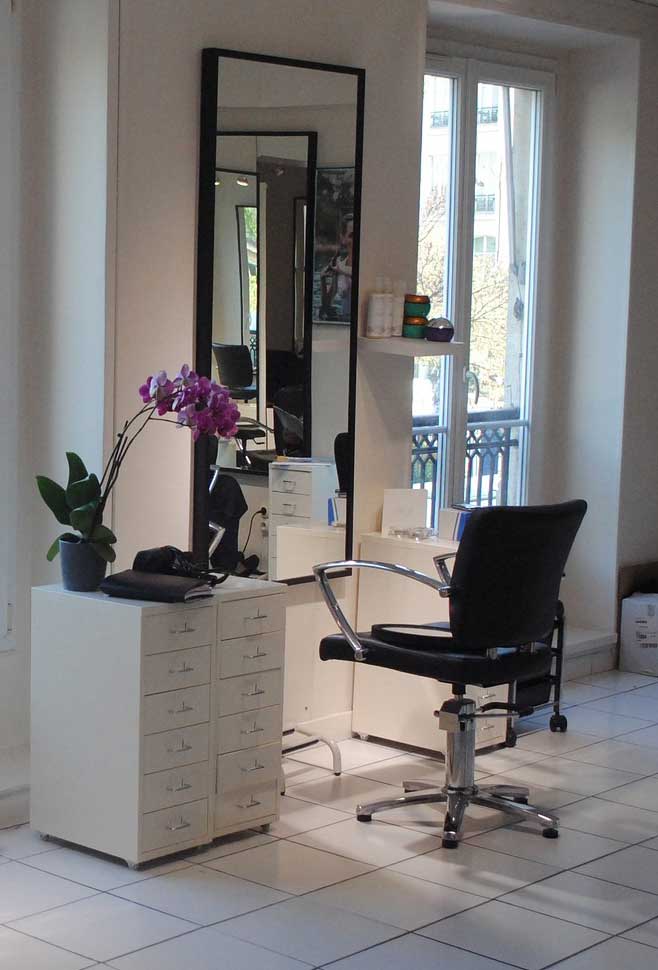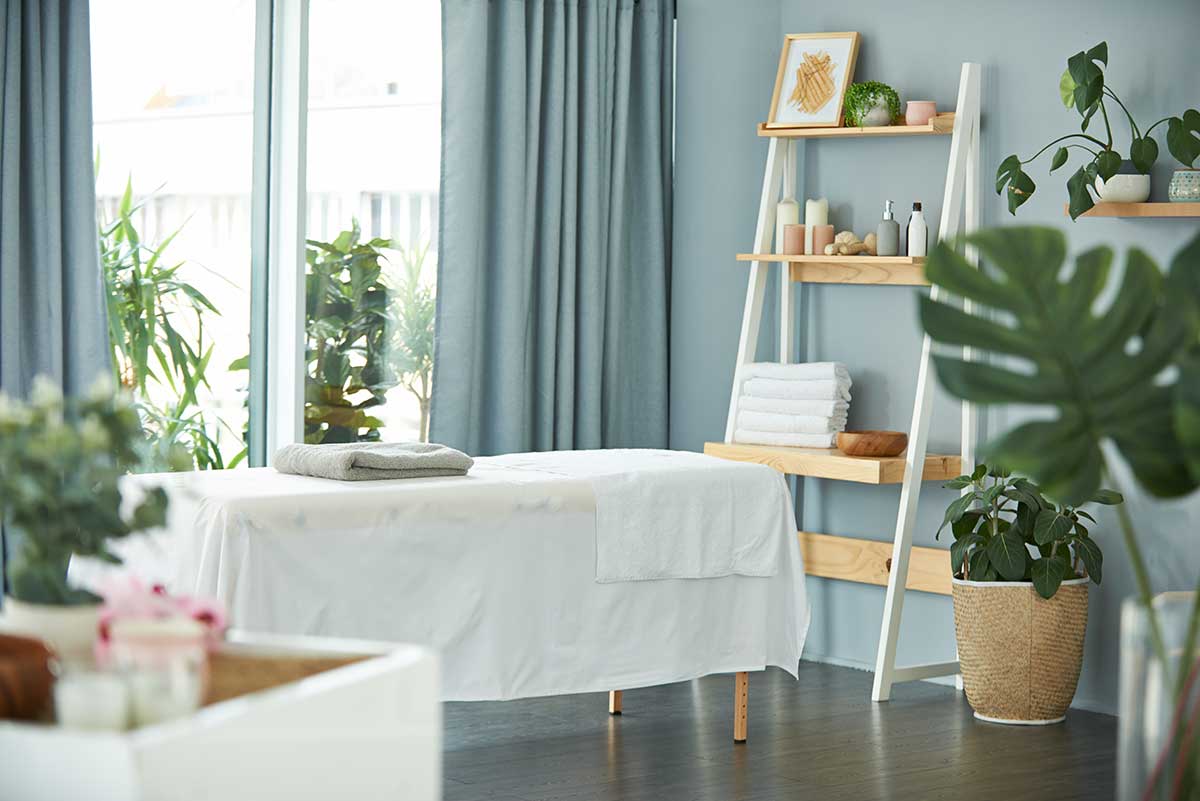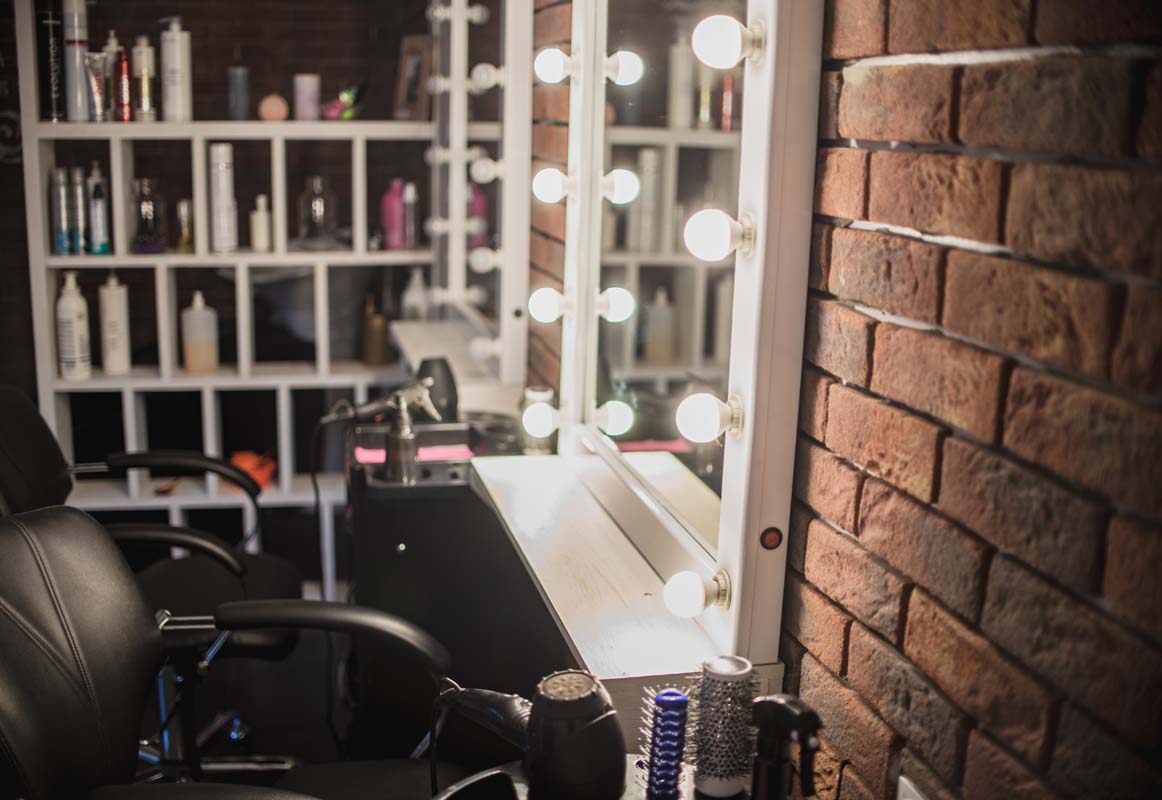Embracing Independence: The Ultimate Guide to Salon Suites
This article provides an overview of salon suites, including their definition and benefits, a comparison with traditional salons, tips for starting a salon suite business, decor ideas, understanding rental agreements, and a conclusion on embracing salon suite opportunities.
Overview of Salon Suites
A salon suite is a unique concept in the beauty industry, offering individual, fully-equipped salon spaces for beauty professionals to operate their own businesses independently within a shared facility. This innovative approach allows stylists, estheticians, and other beauty experts to have complete control over their work environment, from the services they offer to the products they use. For example, a hairstylist can curate their own product line or a nail technician can create a specialized service menu tailored to their clients’ preferences, providing a personalized experience that sets them apart from traditional salons.
Moreover, the flexibility provided by a salon suite rental enables professionals to set their schedules, establish their pricing structure, and design their space according to their brand and aesthetic preferences. For instance, an esthetician can create a serene oasis with calming colors and natural elements to enhance the relaxation experience for their clients. This level of customization fosters a unique and intimate setting, allowing beauty professionals to build strong relationships with their clientele and stand out in a competitive market. As the demand for personalized services grows, salon suites have become a go-to option for beauty professionals seeking to elevate their careers and distinguish themselves in the industry.
Benefits of Renting a Salon Suite
Renting a salon suite presents numerous advantages for beauty professionals seeking to elevate their careers. Apart from the enhanced privacy and personalized customer experience that salon suites offer, they also provide beauty professionals with the autonomy to tailor their services and ambiance to their unique style and preferences. For instance, consider a scenario where a hairstylist wants to create a tranquil environment for clients seeking relaxation during their salon appointments. Rent a salon suite and the stylist can curate calming decor, play soothing music, and offer additional services like scalp massages, all contributing to a more personalized and memorable experience for clients.
Moreover, the ability to set prices independently and retain all earnings distinguishes salon suite renters from those working in traditional salons. This financial freedom allows beauty professionals to reinvest in their businesses, further develop their skills through advanced training, and even expand their service offerings. By having complete control over their pricing strategies, beauty professionals can cater to a specific niche market or introduce premium services without being limited by salon commission structures. This level of financial control can significantly impact their earning potential and long-term career growth.
Comparison with Traditional Salons
Salon suites offer beauty professionals a unique ownership model that sets them apart from traditional salons. In a traditional salon, stylists often work as employees, following the guidelines and rules set by the salon owner. On the other hand, opting to rent a salon suite provides beauty professionals with unparalleled freedom and control over their businesses, allowing them to make decisions independently. For example, beauty and spa professionals can set their own schedules, choose the products they use, and create a personalized experience for their clients, which may not be as flexible in a traditional salon setting.
While the autonomy that comes with salon suites can be liberating, it also presents challenges. Managing all aspects of a business solo, from booking appointments to handling finances, can be overwhelming for some beauty professionals. Therefore, individuals considering salon suite rental must be prepared to take on the responsibilities that come with running a business independently. By understanding the differences between salon suites and traditional salons, beauty professionals can make informed decisions based on their career aspirations and preferences, ensuring that they choose the ownership model that best fits their needs.
Tips for Starting a Salon Suite Business
Embarking on a salon suite business journey demands meticulous attention to detail and strategic foresight. To kickstart this entrepreneurial path successfully, beauty professionals must first craft a detailed business plan outlining their vision, goals, target market, and financial projections. This blueprint serves as a roadmap, guiding them through the complexities of salon suite ownership. Simultaneously, acquiring the requisite licenses and permits is a non-negotiable step to ensure compliance with legal regulations and operate ethically within the industry.
Moreover, financial prudence is key when starting a salon suite business. It is imperative to meticulously budget for various expenses, encompassing rent, utilities, insurance, equipment, and inventory, to maintain financial stability and pave the way for profitability. Additionally, implementing effective marketing strategies such as social media campaigns, referral programs, and collaborations with local businesses can help in attracting a steady stream of clients. Networking within the beauty community not only fosters valuable connections but also opens doors to collaborative opportunities and client referrals, nurturing the growth of the salon suite business. By meticulously following these tips, beauty professionals can proactively navigate the challenges of salon suite ownership and position themselves for long-term success in this competitive industry.
Decor Ideas for Salon Suites
When designing a salon suite, beauty professionals should focus on creating a space that not only reflects their personal brand but also appeals to their target clientele. For instance, if a stylist specializes in bohemian hair trends, they may opt for earthy tones, macrame wall hangings, and vintage mirrors to establish a cohesive and on-brand aesthetic. By aligning the decor with the services offered, professionals can create a memorable and immersive experience for their clients, setting themselves apart from traditional salons.
In addition to aesthetic considerations, functionality plays a crucial role in the design of a salon suite. Incorporating practical elements like ample storage for tools and products, comfortable seating for waiting clients, and dedicated workstations can streamline operations and contribute to a seamless customer experience. By prioritizing both style and functionality, beauty professionals can optimize their workspace to maximize efficiency and client satisfaction, ultimately leading to business growth and success in the competitive beauty industry.
Understanding Salon Suite Rental Agreements
When delving into the realm of salon suite rental agreements, it is crucial for beauty professionals to conduct a thorough examination of the contract terms and conditions. Apart from the obvious financial obligations, there are several critical elements that necessitate attention. For instance, understanding the maintenance and repair responsibilities delineated in the agreement is paramount. This includes clarifying who is responsible for upkeep, repairs, and ensuring the overall functionality of the salon suite space. By comprehensively grasping these responsibilities, beauty professionals can maintain a conducive and professional environment for their clientele.
Moreover, lease duration options and renewal processes are fundamental components that warrant careful consideration. Whether opting for a short-term lease with the flexibility to reassess periodically or committing to a long-term agreement for stability, understanding the implications of each choice is vital. Additionally, being well-informed about the renewal procedures can prevent any unexpected disruptions to the business flow. It is advisable for salon professionals to negotiate favorable terms that align with their long-term career goals and aspirations. By proactively engaging in the negotiation process, individuals can tailor the rental agreement to suit their specific needs and enhance their overall business experience.
Conclusion: Embracing Salon Suite Opportunities
Salon suites present beauty professionals with a transformative chance to shape their careers according to their vision. By transitioning to salon suites, professionals gain the freedom to craft a unique salon experience tailored to their clients’ needs. This shift allows beauty experts to exercise full autonomy over their decisions, finances, and client interactions, ultimately leading to increased success and job satisfaction within the beauty sector. For instance, professionals like Mary Johnson and Robert Smith have attested to the benefits of salon suites, highlighting the substantial growth and fulfillment they have experienced by choosing a spa rental space.
Moreover, the upward trend in the adoption of salon suites underscores the industry’s shift towards this modern business model. As more beauty professionals opt for salon suites, it is evident that this innovative approach offers a promising avenue for career advancement and prosperity. Therefore, individuals keen on expanding their horizons in the beauty industry are urged to explore the opportunities presented by salon suites, recognizing the potential for significant career growth and success that this model can provide.

